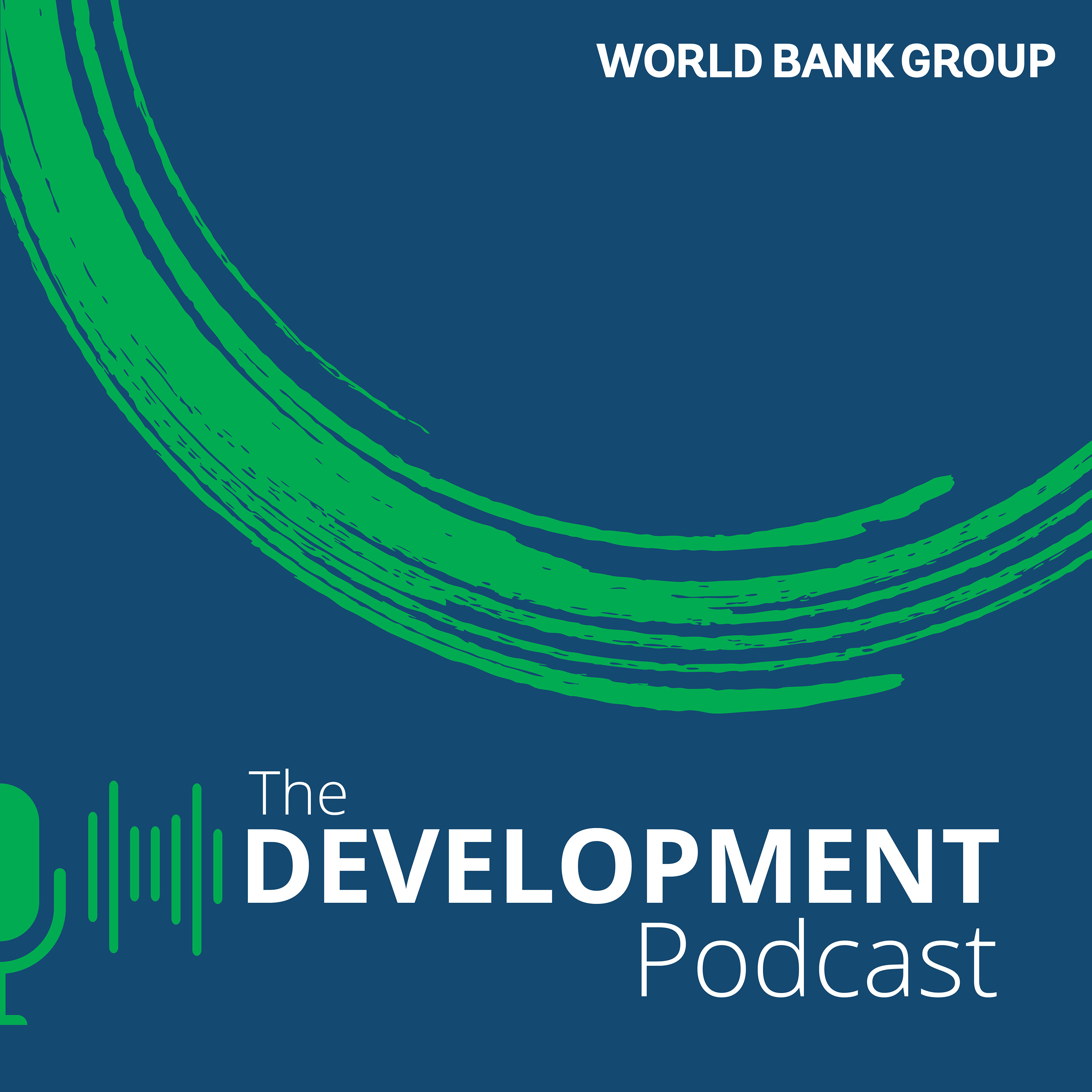How Can We Better Support Refugees | The Development Podcast
Description
Forced displacement is a development challenge, not only a humanitarian concern. As of September 2023, 114 million people were displaced, and this number continues to grow as conflict and insecurity rise across the globe. Most refugees are hosted by developing countries, and the issues around support and integration of refugee communities are often deeply political.
In this episode— the second in our special series on how to end poverty on a livable planet—we're asking the question: How can we better support the world’s growing number of refugees and their host communities? What economic benefits can refugee integration bring to societies?
Tune in to hear the real-life experience of Abdullahi Mire, winner of the 2023 UNHCR Nansen Refugee Award, who grew up in one of the largest refugee camps in the world and is now a champion of refugee education; and Nancy Karambo Riungu, a Kenyan entrepreneur working with refugees. We also get insights from the UN Refugee Agency’s Raouf Mazou and The World Bank’s Xavier Devictor on how humanitarian agencies, development institutions and the private sector can better support refugees. Stay with us until the end of the episode to catch the reading of a poem by Kinshasa- born, British poet JJ Bola, who reflects on life as a refugee.
Tell us what you think of our podcast here >>>. We would love to hear from you!
Featured VoicesXavier Devictor, the World Bank’s Co-Director of the 2023 World Development ReportRaouf Mazou, Assistant High Commissioner for Operations at UNHCRAbdullahi Mire, winner of the 2023 UNHCR Nansen Refugee AwardNancy Karambo Riungu, a Kenyan entrepreneur and expert tailor working directly with refugees.
Timestamps[00:00] Welcome and introduction of the topic
[02:24] Abdullahi Mire, the recipient of the 2023 UNHCR Nansen Refugee Award
[08:41] Rethinking responses to refugees: The role of education
[11:07] Global Refugee Forum: Drivers of forced displacement
[12:41] Climate crisis, refugees, impact on host countries
[16:52] The impact of refugees from an economic perspective
[18:25] How the World Bank supports refugees and host communities
[22:00] Success stories in terms of durable solutions for refugees
[23:59] Benefits that the private sector can bring to refugees and host communities
[27:13] Visions from an entrepreneur in Kakuma who's working with refugees
[31:48] Closing remarks from Xavier Devictor (World Bank) and Raouf Mazou (UNHCR)
[33:22] Poem by Kinshasa-born British poet and writer, JJ Bola
ABOUT THE DEVELOPMENT PODCASTThis international development podcast brings together the data, research—and solutions—that can pave the way to a sustainable future. Through conversations focused on revealing the latest data, the best research, and cutting-edge solutions, let us introduce you to the folks working to make the world a better place. Listen and subscribe for free on your favorite platform. And rate our show! ;)
Tell us what you think of our podcast here...
More Episodes
Published 11/07/24
As the old saying goes, if you can’t measure it, you can’t improve it. But of course, what you measure is important too. In this episode of The Development Podcast, we explore how the World Bank Group aims to strengthen its impact with a slimmed-down and focused scorecard.
We’ll hear how the...
Published 09/28/24
Creating a world free of poverty on a livable planet has been the vision and mission of the World Bank Group since October 2023. But what does it mean for people and planet? We’ve just wrapped up our series of podcasts exploring these crucial questions, and in this episode we bring you some of...
Published 08/09/24


